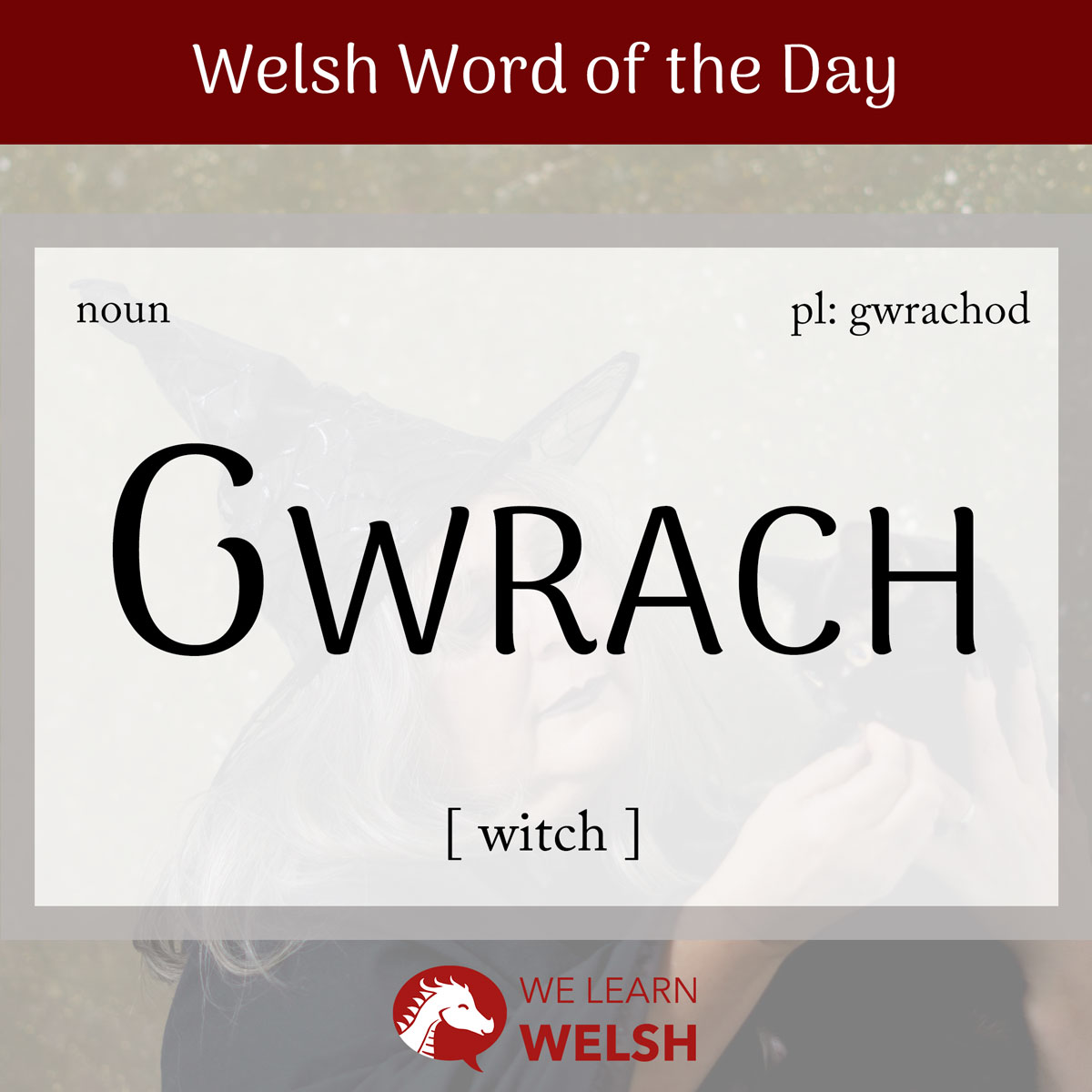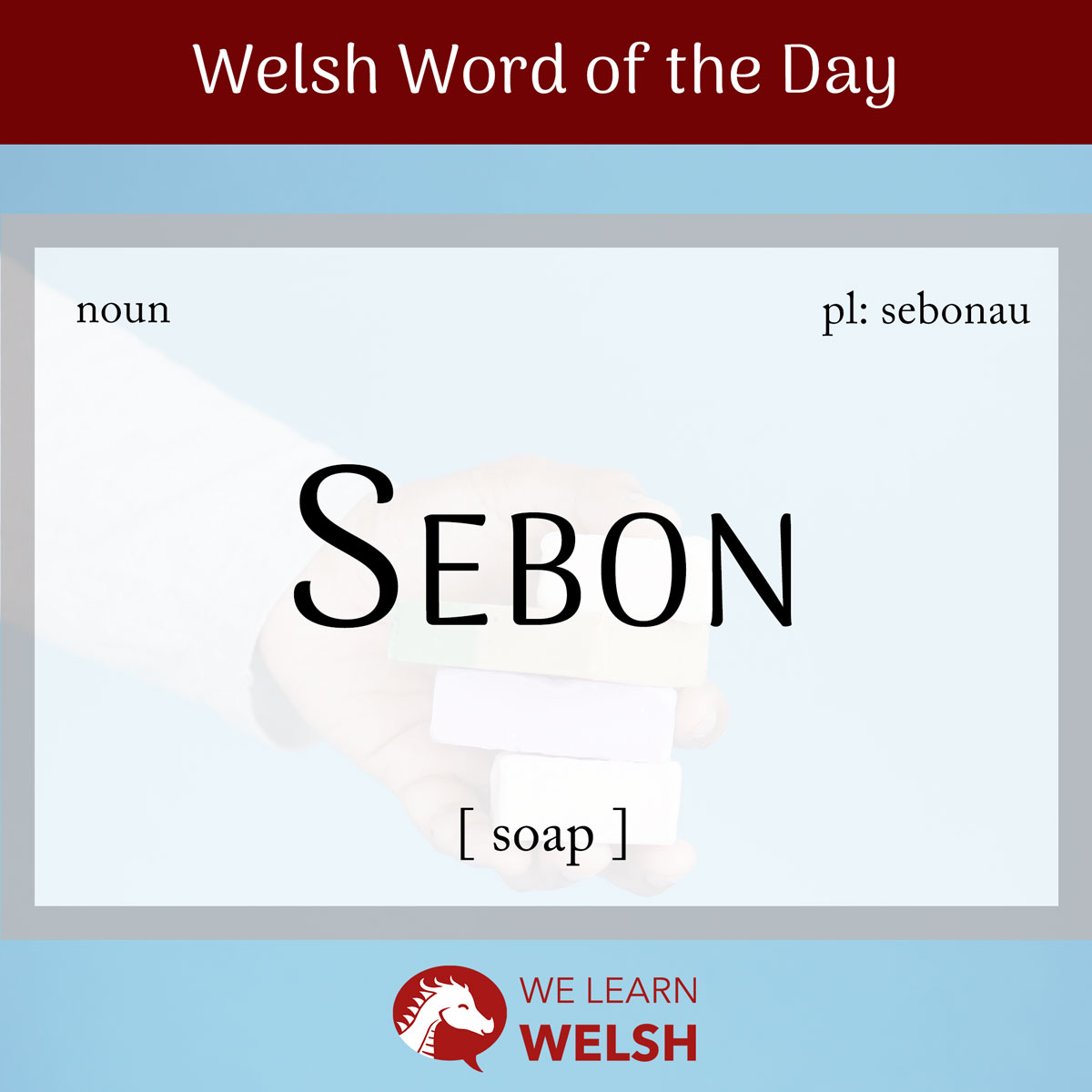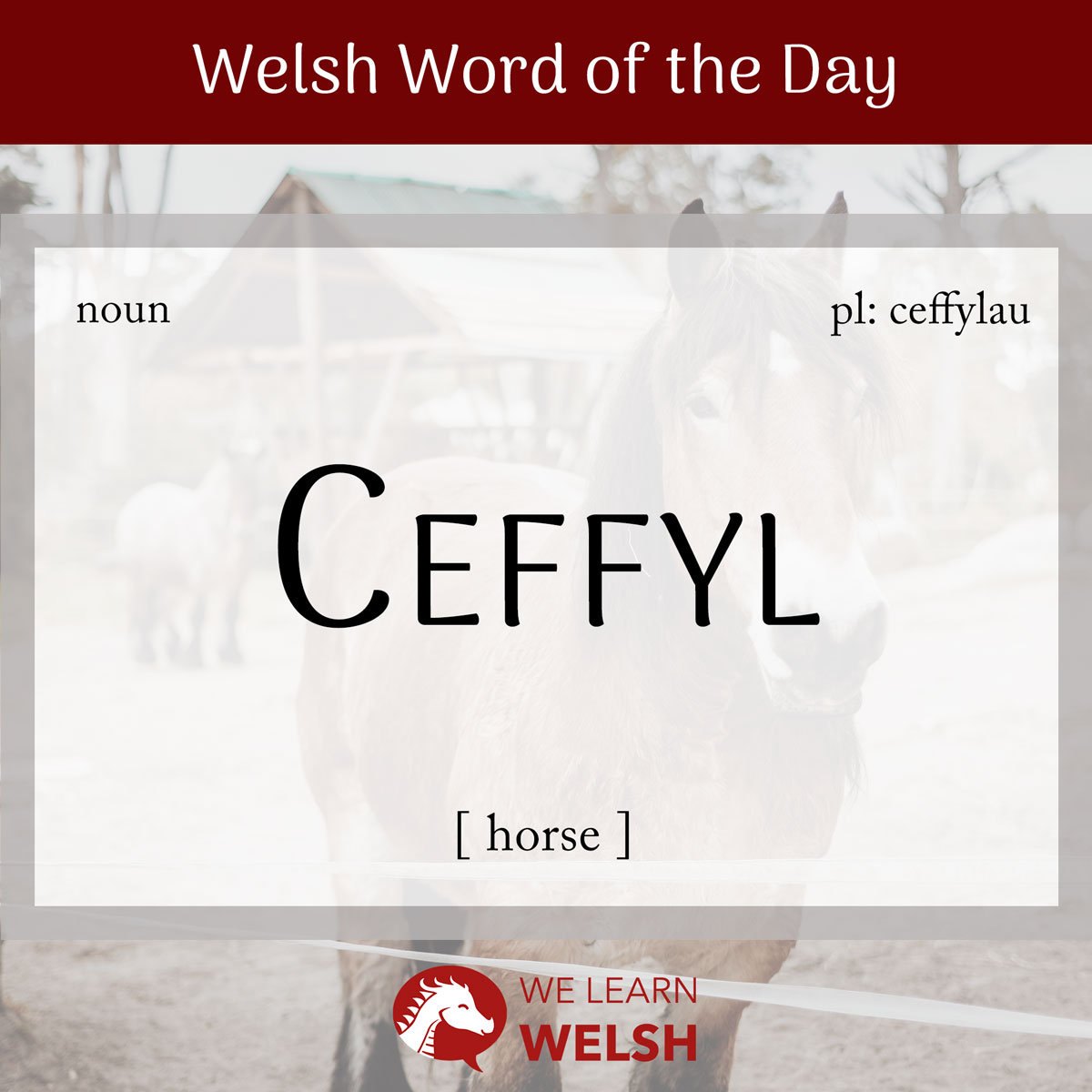Welsh Word of the Day: Cwmwl (cloud)
Today’s Welsh Word of the Day is cwmwl (cloud). Along with glaw (rain), clouds are probably the most consistent feature of Welsh weather. Growing up, awyr las (a blue sky) was a rare sight, but …
Subscribe to our newsletter!
Do you want to receive a Welsh word a day directly into your mailbox? All you have to do is to go to the subscription form by clicking the button below and enter your email address. Your personal data won’t be recorded until the form has been submitted successfully. Thank you!
What is ‘DD’ in Welsh (and how to pronounce it)
If you’ve ever come across written Welsh, you must have noticed that many words contain a double “D.” While it might be tempting to pronounce it as a regular “D,” similar to the English words …






